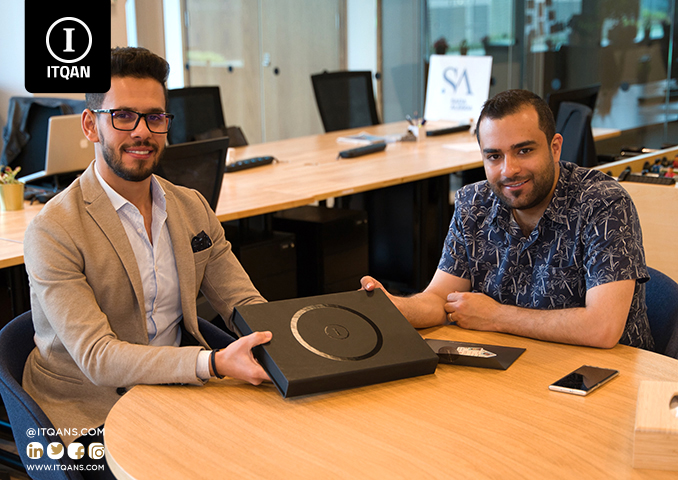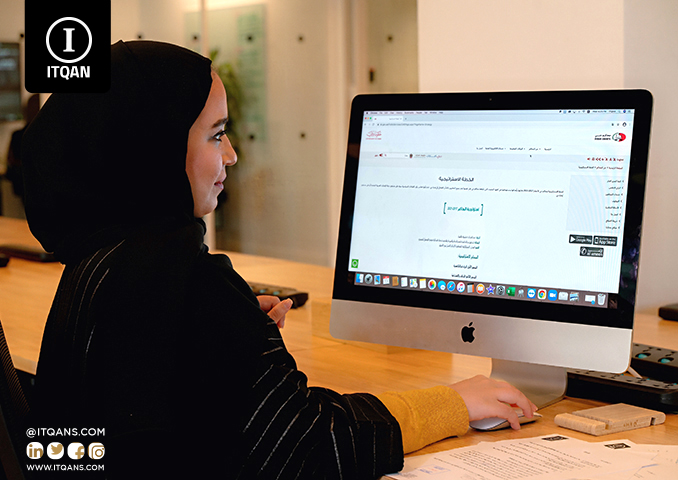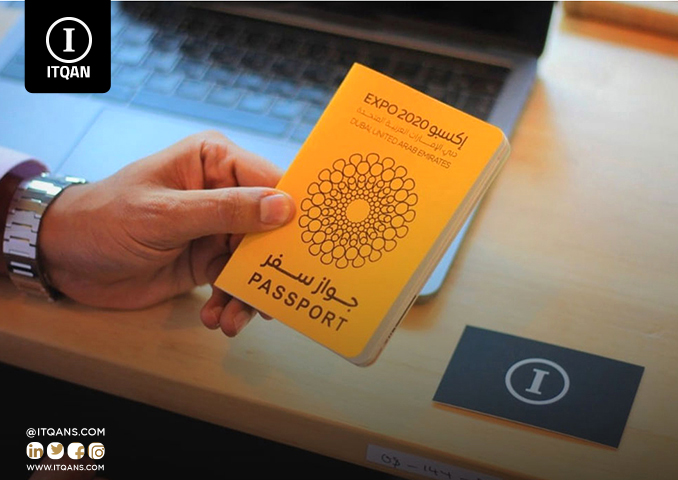Establishing a company in the UAE, in cooperation with Itqan Company, requires a deep understanding of the costs and factors involved. In light of the economic diversity and evolving legislation in the United Arab Emirates, the process of establishing companies is a challenge and adventure that requires careful planning and specialized consultation.
The main costs of setting up a company in the UAE include many aspects, including administrative and legal costs, engineering and infrastructure costs, and logistical and operational costs. A large portion of these costs are government fees related to registering the company and obtaining the necessary licenses, as well as the costs of renting office and commercial space, hiring and training employees, and marketing and advertising costs.
Gamblers should keep in mind that costs are not just money to be paid, but represent an investment in the future and success of the company. However, the costs of establishing and operating a company can be reduced through good planning and professional advice. Itqan Company, with its extensive experience and knowledge of the local market, provides the necessary guidance and support for gamblers to overcome challenges and achieve success in the UAE business environment.

Costs of establishing a company in the UAE
Costs of establishing a company in the UAE It requires careful planning to determine the costs necessary to start and operate the business successfully. Here’s an overview of the main costs:
- Registration and license fees: These fees include the costs of registering the company and obtaining the necessary licenses from the relevant government agencies. The amount of this fee varies based on the type and size of the company.
- Office and commercial space costs: A company must rent space for its headquarters in accordance with local law requirements. Rental costs vary based on location, space and available amenities.
- Visa and labor costs: If the company plans to employ foreign employees, it will have to pay visa fees and costs related to their stay in the UAE.
- Legal and financial consulting costs: The company may need to hire legal and financial consultants to help it prepare legal documents and organize financial affairs.
- Marketing and advertising costs: To attract customers and build the brand, the company must invest in marketing and advertising through various means such as the Internet and traditional advertising.
- Shipping and distribution costs: If the company is in trade or industry, it will bear the costs of shipping and distributing products to customers.
- Tax costs: The company must comply with and pay local taxes in accordance with the UAE tax laws.
These are some of the main costs that business aspirants should take into consideration when establishing a company in the UAE. However, these costs can vary based on several factors such as the type of company, its location, and the size of its operations.
Steps to establish a company in the UAE
Establishing a company in the UAE requires following several specific steps and adhering to local regulations and legislation. Here are basic steps to establish a company in the UAE:
- Choosing the type of company: Determine the type of company appropriate for the proposed business activity, whether it is an individual company (commercial or professional company), a joint stock company (private or public joint stock company), a limited liability company, and others.
- Choosing a company name: You must choose a name for the company that is consistent with local laws and is unique and not similar to the names of other companies that already exist.
- Partnership arrangement (if the company is a partnership): If there are partners, their shares in the company are determined and a partnership agreement is drawn up that regulates the relationships between them.
- Preparing legal documents: The necessary documents must be prepared to establish the company, such as contracts, agreements, legal approvals, and other required documents.
- Submitting a registration application: The company registration application is submitted to the competent government authorities, such as the Department of Economic Development in each emirate.
- Payment of fees and costs: You must pay the prescribed fees to register the company and obtain the necessary licenses, in addition to updating the documents and licenses regularly.
- Obtaining the necessary licenses: Commercial operations in some sectors may require obtaining special licenses, such as a building license or an industry license.
- Opening a bank account: After registering the company, the business owner must open a bank account in the name of the company to manage financial matters.
Registering the company in the commercial registry and other government agencies: After establishing the company, it must register in the local commercial registry and register it in other relevant government agencies.
These basic steps form a general framework for the process of establishing a company in the UAE, and their details may vary based on the type of company, its location, and its commercial activity. It is necessary to consult with Itqan experts to ensure that the correct procedures are followed and compliance with local laws and regulations.
Establishing a company in Dubai for foreigners
In order to establish a company in Dubai for foreigners, you must follow many steps necessary to establish the company, including:
- The more specific the type of your project is, the more it will help you determine the type of license you need in order to conduct your business, whether those are commercial licenses or those are professional and industrial licenses.
- In order to establish a company in Dubai for foreigners, you, as a foreign investor, must want to be the sole controller of your company. You must choose that license and also choose the location designated for practicing your activity in the free zones.
- Also, in order to establish a company in Dubai for foreigners, you must also specify the trade name of your company, which gives you the opportunity to obtain the necessary license in order to practice your commercial activity.

Establishing a company in Dubai
Establishing a company in Dubai requires every company owner to follow many of these steps that help him easily carry out the steps of establishing a company in Dubai. Therefore, among the steps for establishing a company in Dubai are the following: –
- To determine the goal behind establishing this company, the activity of this company must be determined whether it is a real estate company or a company specializing in these foodstuffs or other different types of companies.
- After that, you begin to conduct this study about the market and all its needs as well, in order to establish a company in Dubai and know the customers that the company will target and deal with.
- After that, you will learn about all the laws and procedures that must be followed in order to complete the establishment of the company in Dubai.
- After all of this is completed, the final step in establishing a company in Dubai begins, which is to submit the application to establish the company through specialized websites on the Internet. The country has been able to provide many of these facilities in order to help these investors in carrying out many of their businesses in Dubai.
Advantages of establishing a company in the Emirates
Establishing a company in the UAE provides investors with important opportunities and advantages that make it a preferred destination for business. Here are some key features:
- Stable business environment: The UAE enjoys a stable economic and political business environment, which enhances investor confidence and creates a favorable environment for business.
- Easy access to regional and global markets: Thanks to its strategic location, the UAE provides easy access to regional and global markets, providing vast business opportunities.
- Flexible legislation and controls: The UAE adopts flexible and innovative trade legislation, which facilitates the process of establishing and operating companies and helps promote innovation and growth.
- Advanced infrastructure facilities: The UAE provides advanced infrastructure facilities, including sea ports, airports, and advanced transportation networks, which facilitate the transportation of goods and commodities and facilitate international communications.
- Strong legal structure: The UAE has a strong legal structure that protects investors’ rights and promotes transparency and fairness in the business environment.
- Tax facilities: The UAE offers tax facilities that attract investors, such as no personal income tax and no tax on profits made from exports.
- Diversity of economic sectors: The UAE provides a diverse business environment that includes many sectors such as oil and gas, trade, tourism, and technology, which provides multiple opportunities for investors.
- Educated and multinational workforce: Workers in the UAE are highly skilled and well-educated, and the workforce is multinational, which enhances diversity and innovation in the work environment.
In short, the UAE provides an ideal environment for establishing companies thanks to its advanced infrastructure, innovative economic legislation, and provision of tax facilities, which makes it an attractive destination for entrepreneurship and expansion of commercial activity.
In conclusion, establishing a company in the UAE appears as an exciting and stimulating opportunity for entrepreneurship and achieving success in a dynamic and evolving business environment. Although there are costs to starting a company, investing in those costs is a vital investment in the company’s future and sustainable growth.
The UAE provides advanced infrastructure, a stable business environment, and flexible commercial legislation, which facilitates the process of establishing companies and enhances the chances of success. In addition, the UAE offers tax facilities and economic diversification that provides multiple opportunities for investors.
Through good planning and professional advice, it is possible to reduce the costs of establishing a company and make the most of the promising opportunities that the UAE offers. Thus, the UAE remains a preferred destination for entrepreneurship and business expansion, paving the way for success and prosperity in the global business arena.
The most frequently asked questions about establishing a company in the Emirates
What types of companies can be established in the UAE?
Several types of companies can be established in the UAE, including sole proprietorships, joint stock companies, limited liability companies, private companies and others.
What are the necessary procedures to register a company in the UAE?
The basic procedures include choosing the company type, choosing the company name, preparing the necessary documents, submitting the registration application to the competent authorities, and paying the required fees.
What licenses are required to operate commercial activities in the UAE?
The required licenses vary according to the type of business activity, and the necessary licenses must be obtained from the relevant government agencies, such as the Department of Economic Development in each emirate.
What are the expected costs of establishing a company in the UAE?
Costs vary based on the type of company and the size of the business, and include company registration costs, government fees, office rental costs, labor costs, and others.
Can foreigners own companies in the UAE 100%?
Yes, foreigners can 100% own companies in the Economic Freedom Zones and Designated Zones, while there may be restrictions on full ownership in other sectors.
















